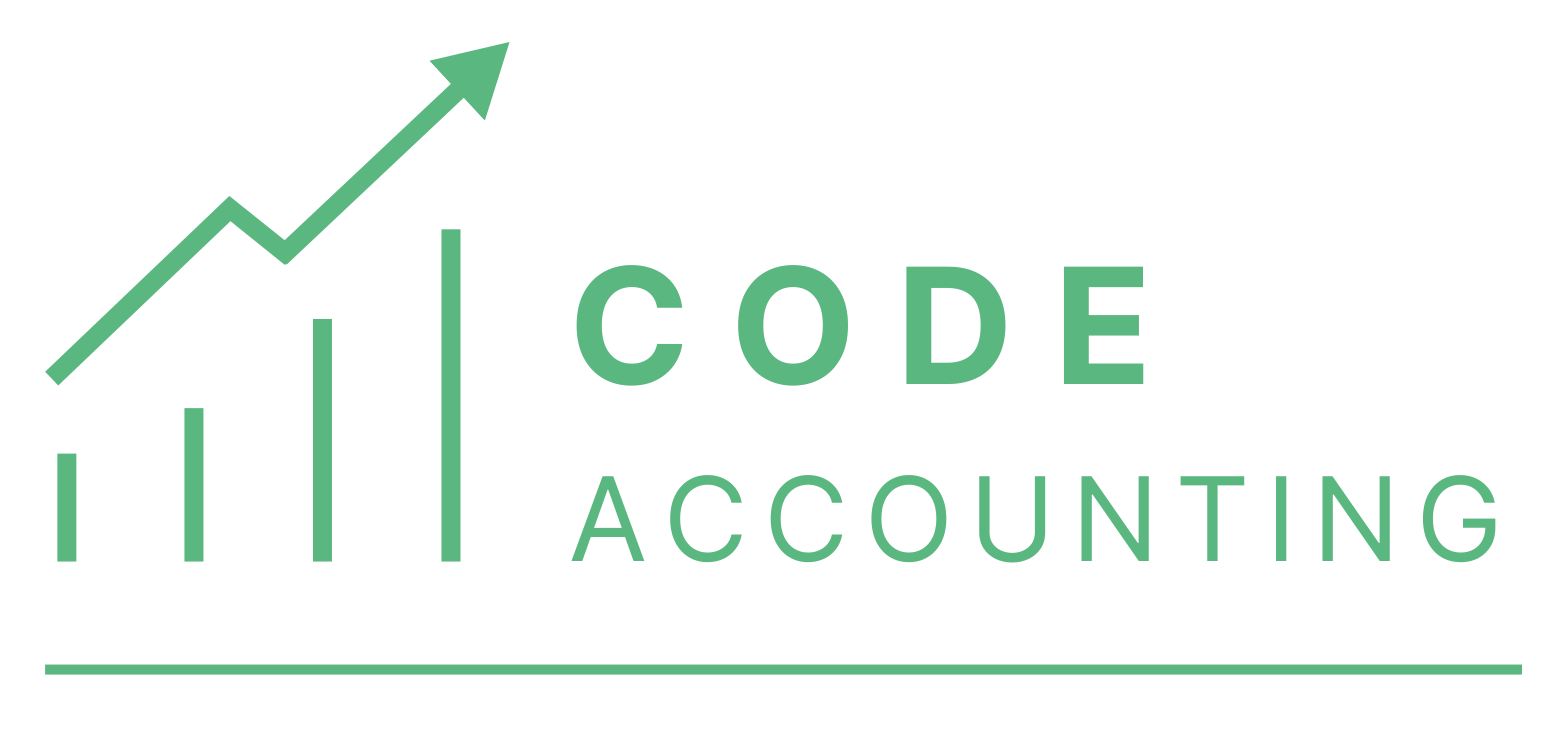The Tax Cuts and Jobs Act, known as TCJA, created multiple benefits for all types of small business owners looking for ways to lower their income taxes. One new addition to the TCJA is 199A deductions, which can provide tax benefits for sole proprietors, partnerships, and other pass-through entities. While these new additions can provide tax benefits for small business owners, a lot of the rules are very difficult to navigate, and some small businesses may not be eligible for the full 20% deduction, or they may not be able to claim any 199A deductions. These restrictions are based on multiple factors, such as your industry, global operations, and income levels.
Overview of 199A
The Tax Cuts Jobs Act created numerous tax benefits for corporations and other investors and many of these benefits extend through the end of 2025. The 199A dedication was originally created with non-C corporations in mind, as C-corporations’ income tax rate fell from 35% to 21%. However, other types of businesses, such as sole proprietors, did not receive additional benefits. 199A deductions were created to level the playing field by allowing entities like sole properties and partnerships to enjoy some of the same benefits as corporations. These deductions are specifically for pass-through entities, in which the owner receives all of the income from the business and is taxed on this income each year. Although this is a helpful benefit for many small business owners, the rules are very complex, and it can create some legal complexities for some businesses as the calculations are not always straightforward.
Who is Eligible?
People who operate a sole proprietorship, partnership, trust, estate, or S corporation are eligible to claim a qualified business income deduction on their tax returns. Eligible individuals can deduct 20% of their qualified income, as well as 20% of other income sources.
REIT Income: REIT investors can also claim a deduction of 20% of the income that they gain from investing in real estate investment trusts.
PTP Income: Similarly, PTP income is also counted when calculating the 20% deduction under 199A.
Not all pass-through entities are eligible to use a 199A deduction, and you will need to make sure you qualify based on your income and business operations. Moreover, not all types of businesses will be eligible for the full 20% deduction, so you will need to calculate this before anticipating any potential tax benefits.
A business will first need to decide if they are qualified trade or business ( QTB) or a specific service trade or business ( SSTB). QTBs are eligible for the 199A deduction, while SSTBs face restrictions and are often not eligible, so it is very important to ensure you are eligible before claiming this deduction on your tax returns. Moreover, businesses that operate in multiple areas may face more complex challenges when deciding if they are eligible and how they should claim this 199A deduction.
In order to be eligible for the 20% deduction, the individuals need to operate in a qualified trade. This rule is in place to prevent employees of companies from attempting to claim a 20% deduction on their salary.
How Long is this Tax Benefit Available?
199A deductions became available for small businesses under the TCJA, and small business owners were able to claim this deduction beginning in the tax year 2018. Based on current laws, this deduction will be available for all tax years beginning before December 31, 2025. The laws for this tax deduction were finalized in March 2019. It is possible that this extension may be extended past 2025, but nothing has been finalized yet.
Tax Threshold
The calculator of the 20% deduction depends on multiple factors such as if the person’s income is below a certain threshold, or above the higher income tax threshold.
Below: If you are below then the process is very straightforward. You will be eligible for a 20% deduction in your qualified business income taxes, which is defined as taxable income in excess of any capital gains.
Above: Higher-income workers will need to prove that they spent a certain amount on W2 wages to be eligible. Higher-income earners will have more restrictions on the amount that they can deduct. The amount deducted can be limited to
- 50% of the business’s qualified W2 wages
- 25% of its W2 wages and 2.5% of its basis in the qualified property.
Income threshold Changes
The income threshold has gradually been increasing every year since 199A deductions were introduced in 2017. The lower income threshold for single filers increased from $170,050 in 2022 to $182,100 in 2023. This amount is twice as high for joint filers.
Source: CRS Reports
Industry Restrictions
If you are a high-income worker working in certain service industries, then you are not eligible for this QBI deduction, as you will be classified as a specified service trade or business ( SSTB). Some examples of industries that are classified as SSTBs include law, accounting, athletics, certain consulting industries, performing arts, and financial services. However, the SSTB restrictions do not apply to people who are in a lower income tax bracket.
Global Operations
If your income is derived from countries outside of the United States, it can be more challenging to determine if you can count this as qualified business income. If you purchase inventory outside of the United States and then sell this product in the United States, then this would be classified as domestic income, and you could claim this as qualified business income. Similarly, if your inventory comes from the United States, and you sell your product outside of the United States, this would be classified as domestic income. US businesses with global operations should ensure that all of their sales are classified as domestic income or that they only claim a part of this income as qualified business income.
Capital Gains and Other Sources of Income
Capital gains can also impact how much income you deduct, and potentially lower the total deduction that you receive. For example, if your qualified business income is $110,000 for one year, but this income includes $40,000 in capital gains, then you would only be able to claim the $70,000. Therefore, you would be eligible for a 20% deduction on the $70,000, and pay $14,000 less in taxes assuming that you met all of the other requirements for a 199A deduction.
Furthermore, there are other types of income that are not eligible, including dividends, gains from foreign currencies, and other types of interest income.
Real Estate Income Counts
The TCJA offers multiple benefits for real estate investors, who may be able to rapidly depreciate certain upgrades and receive other benefits. One positive factor to note is that real estate income counts as qualified business income, which means that real estate entrepreneurs can claim a 199A deduction. Real estate income can also include income gained from REITs.
Carrying over QBI loss to other years
If your qualified business income was negative in any previous years, then you are required to carry this over to subsequent years. As a result, this may lower the amount of QBI that you claim in later years, and may lower your overall deduction. However, doing this can also have some benefits, namely, it may also help you follow below the lower income threshold limit.
Final Thoughts
If you are a QTB or an SSTB in a lower income tax bracket, it is worthwhile to take advantage of 199A deductions through 2025. As seen in this article, there are many complicated cases, in which a small business may not be clear whether they qualify for the 20% QBI deduction, or if they can only claim a part of this deduction. Moreover, some aspects are not flexible, and if you choose a certain method for claiming expenses, you do not have the flexibility to change this later. Despite the complexities, this 199A deduction is well worth it for individuals who are not positioned to benefit from the recent corporate tax rate cut under the TCJA.





